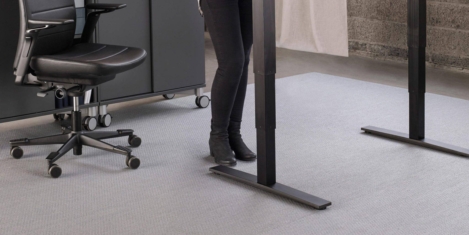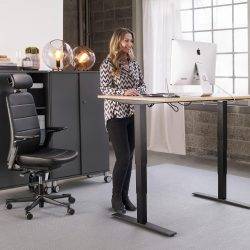To provide the best experiences, we use technologies like cookies to store and/or access device information. Consenting to these technologies will allow us to process data such as browsing behaviour or unique IDs on this site. Not consenting or withdrawing consent, may adversely affect certain features and functions.
The technical storage or access is strictly necessary for the legitimate purpose of enabling the use of a specific service explicitly requested by the subscriber or user, or for the sole purpose of carrying out the transmission of a communication over an electronic communications network.
The technical storage or access is necessary for the legitimate purpose of storing preferences that are not requested by the subscriber or user.
The technical storage or access that is used exclusively for statistical purposes.
The technical storage or access that is used exclusively for anonymous statistical purposes. Without a subpoena, voluntary compliance on the part of your Internet Service Provider, or additional records from a third party, information stored or retrieved for this purpose alone cannot usually be used to identify you.
The technical storage or access is required to create user profiles to send advertising, or to track the user on a website or across several websites for similar marketing purposes.
 I recently had the pleasure of travelling to Cape Town to present a keynote address at the Dare to Lead conference organised by Green Building Council South Africa (GBCSA). I had just 20 minutes to speak on a psychologist’s view of health, wellbeing and performance; that’s a huge subject area and pretty much my whole career condensed down to the typical time it takes to boil a pan of potatoes. So, I focused on just three psychological theories: motivation, personality and evolutionary psychology.
I recently had the pleasure of travelling to Cape Town to present a keynote address at the Dare to Lead conference organised by Green Building Council South Africa (GBCSA). I had just 20 minutes to speak on a psychologist’s view of health, wellbeing and performance; that’s a huge subject area and pretty much my whole career condensed down to the typical time it takes to boil a pan of potatoes. So, I focused on just three psychological theories: motivation, personality and evolutionary psychology.




































October 19, 2017
Future office and changing business of work debated at Workplace Trends
by Sara Bean • Comment, Coworking, Facilities management, Technology, Wellbeing, Workplace design
(more…)